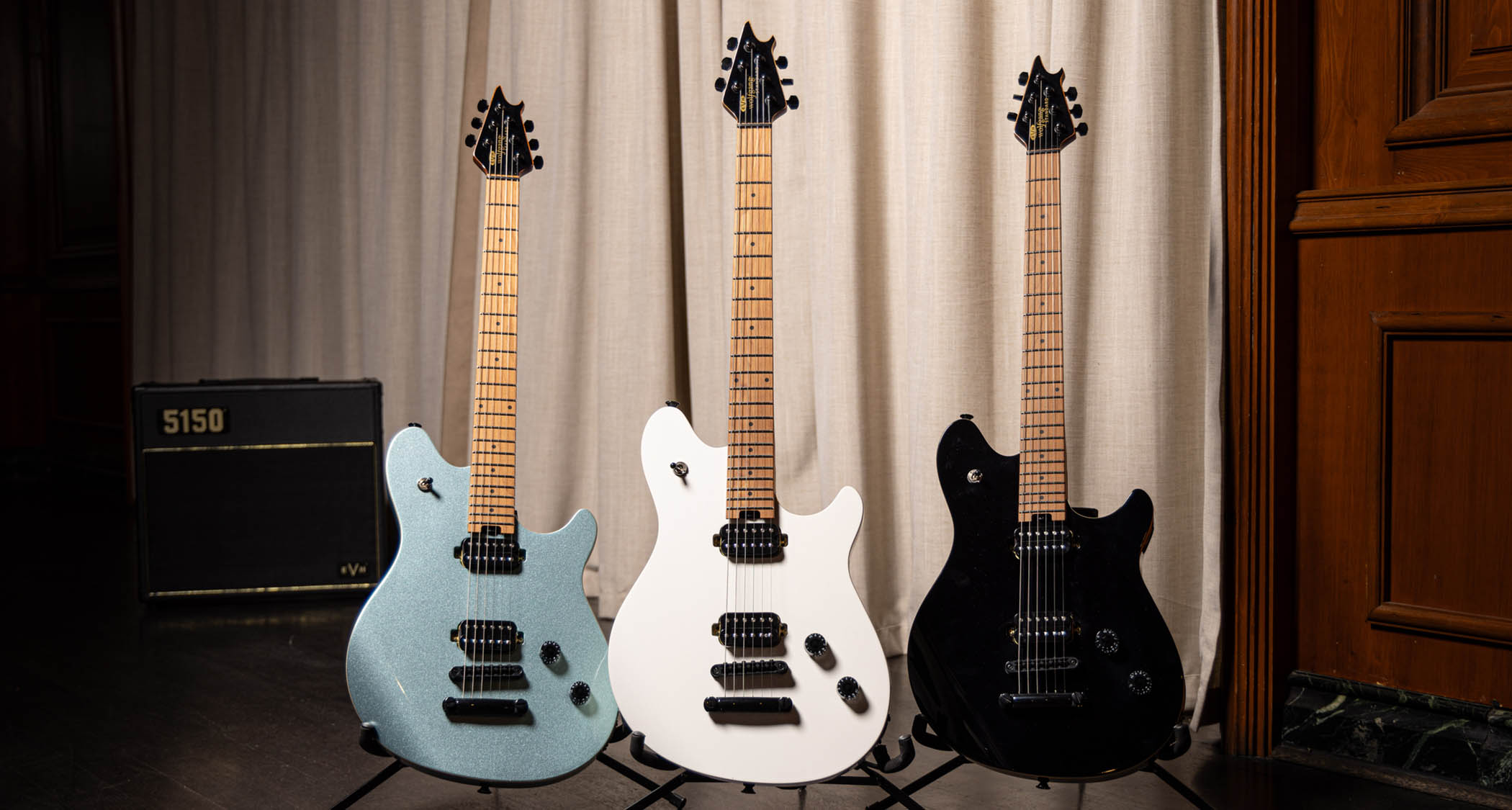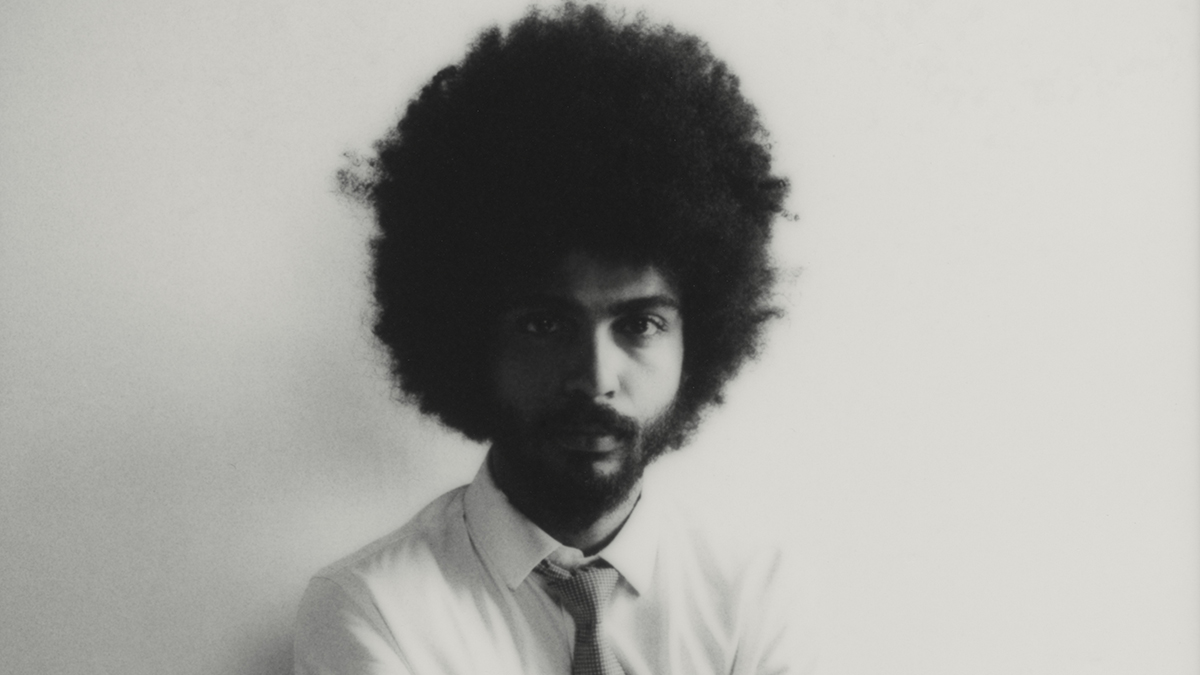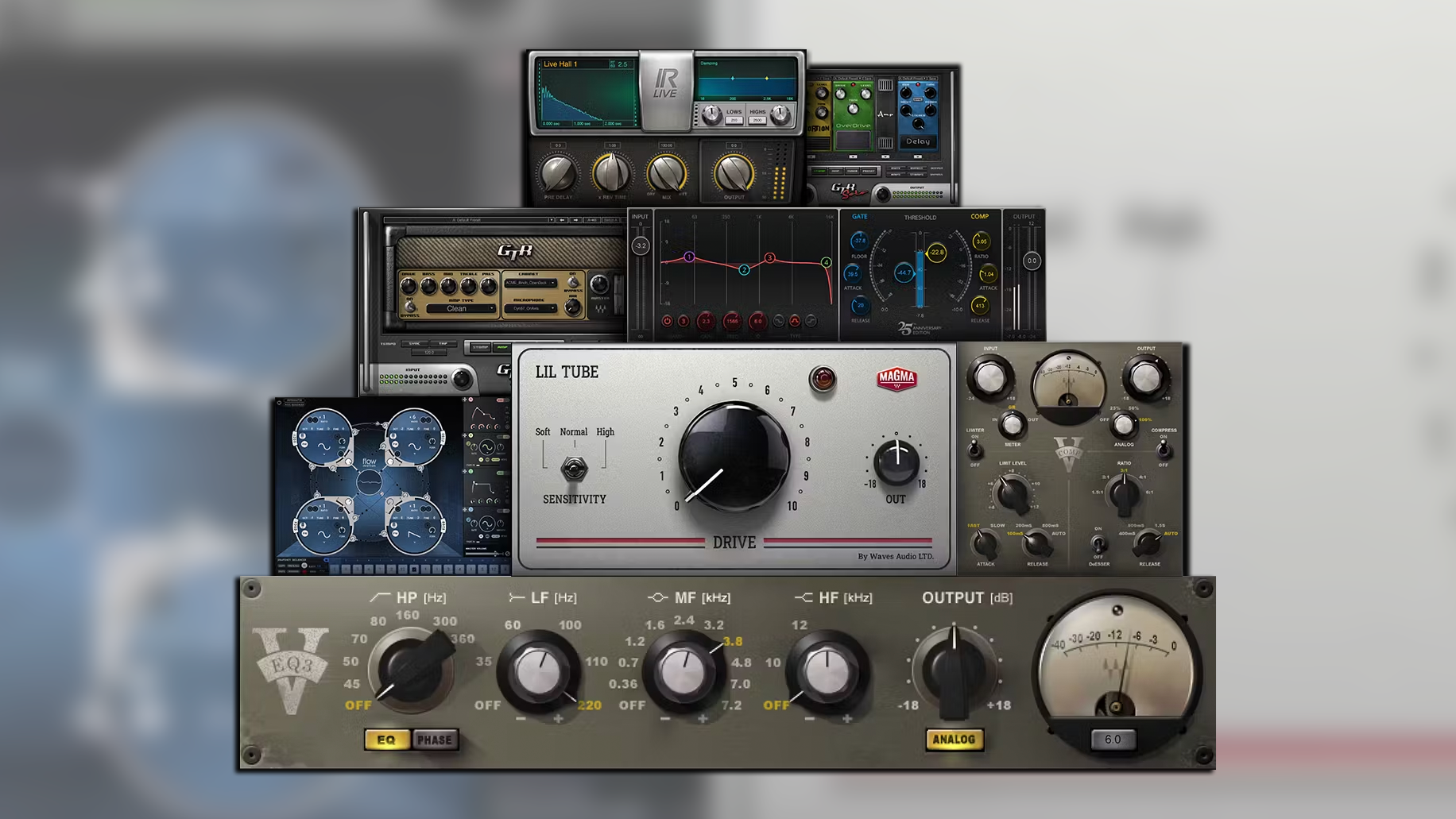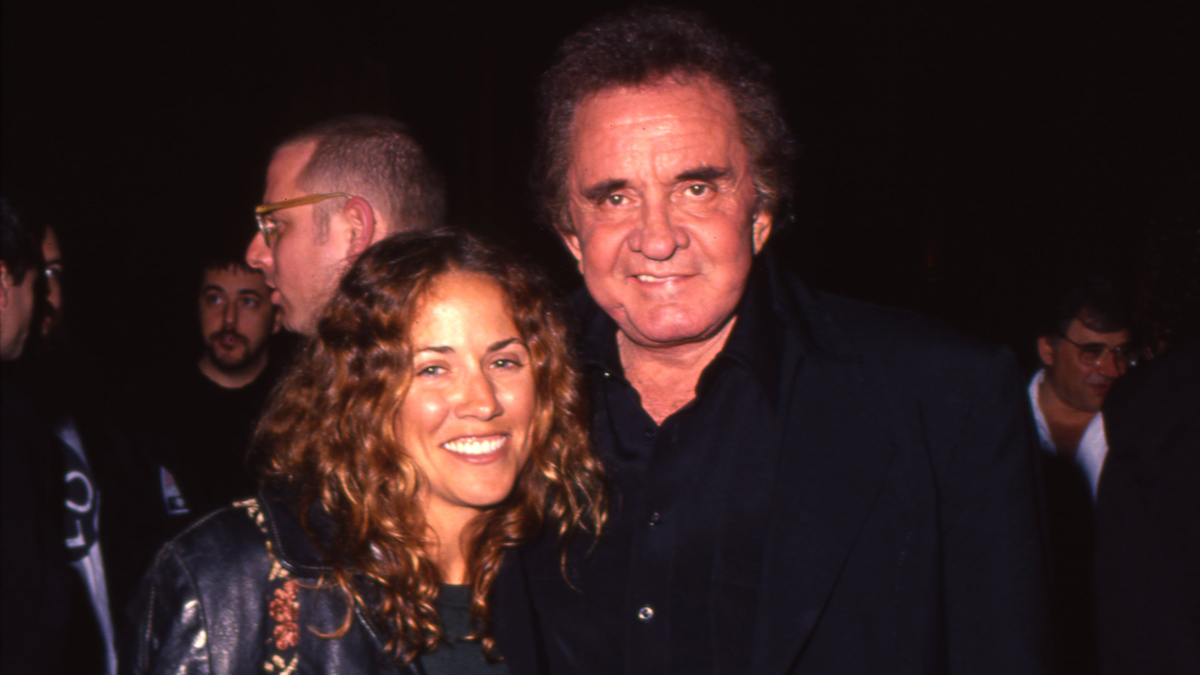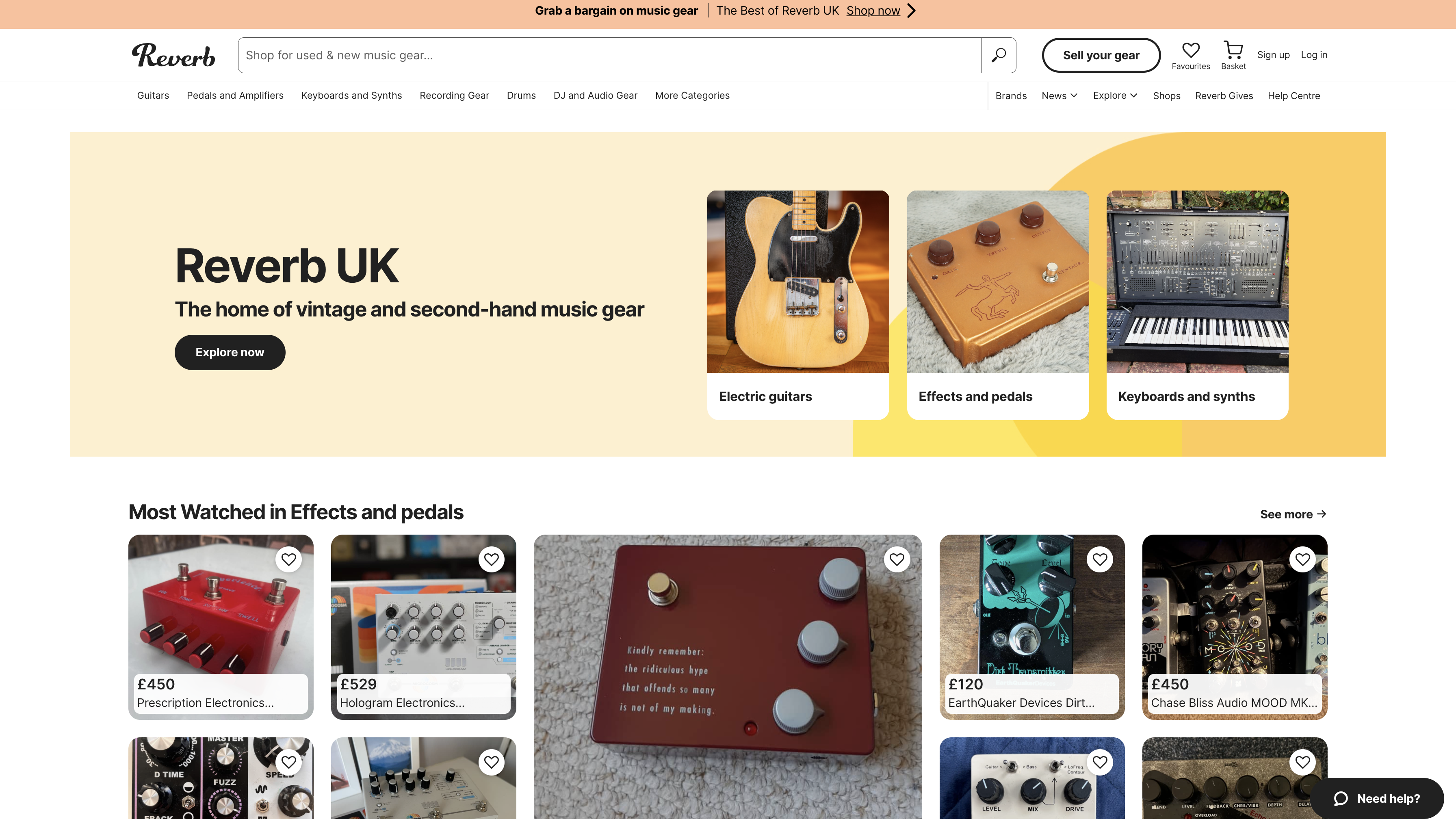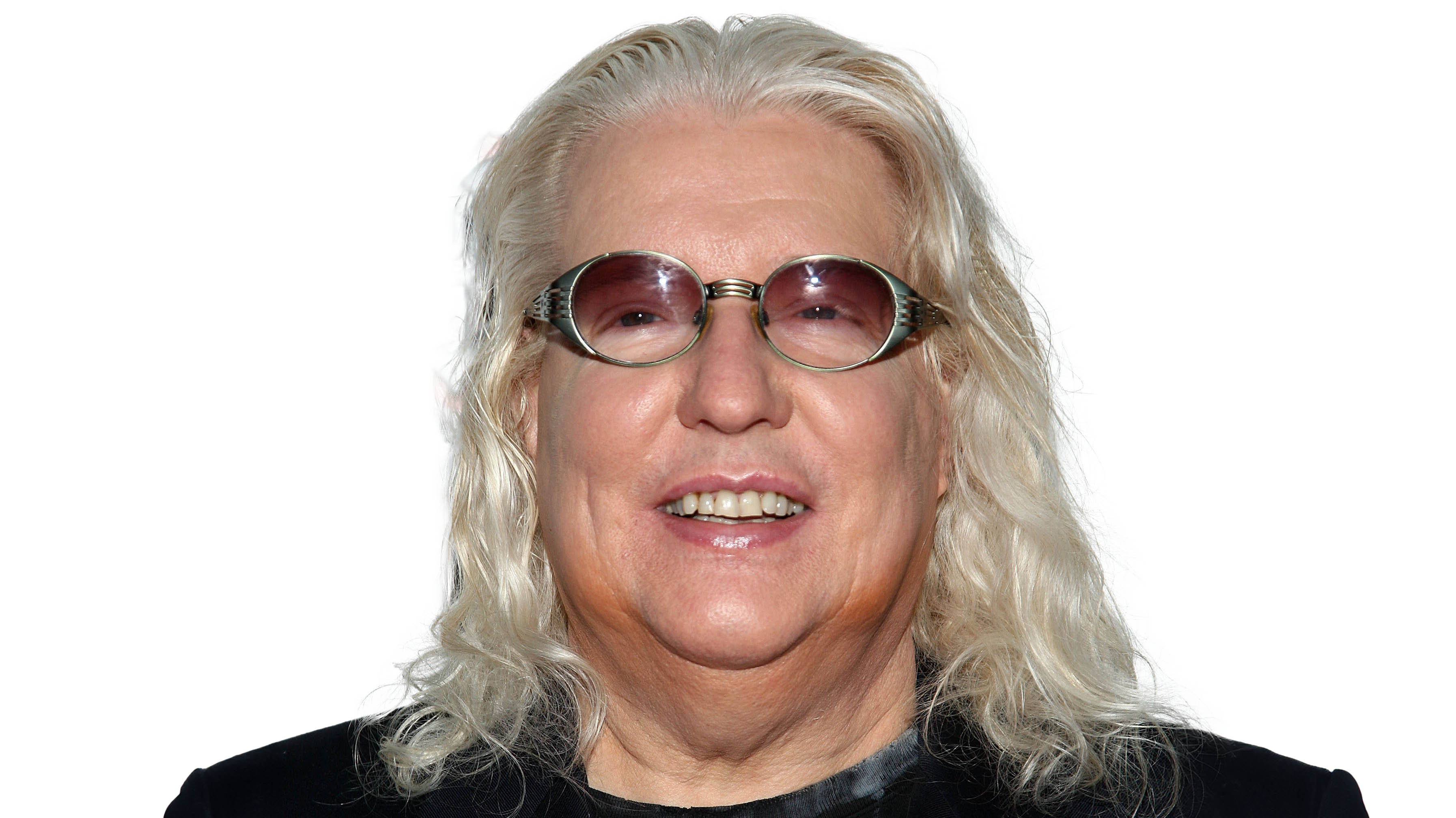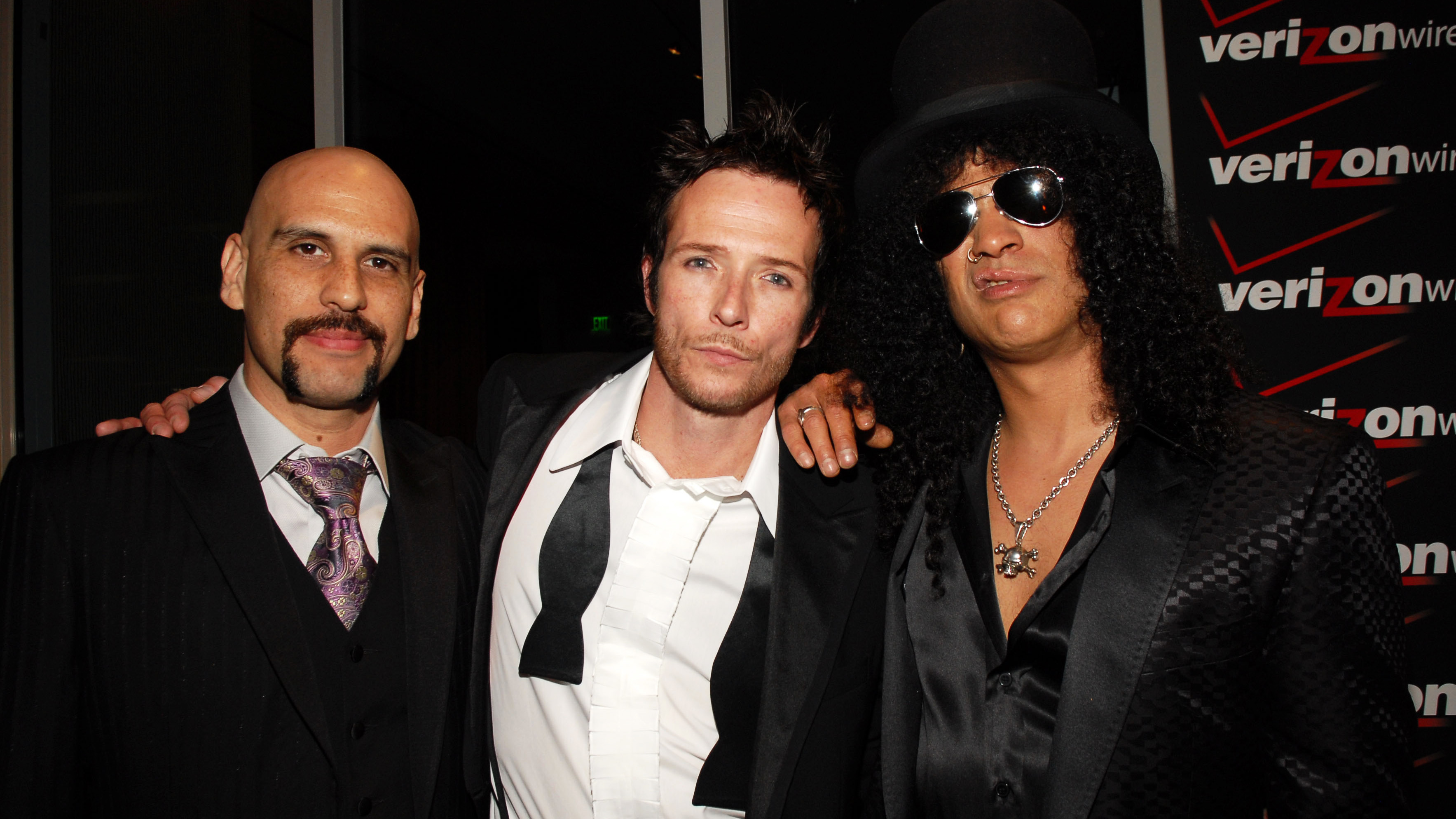
Dave Kushner was the least well-known member of Velvet Revolver when they emerged in a flaming ball of hype 2002, but he was also the unsung guitar hero that helped them deliver on their promise. When the band disintegrated by 2008, Kushner didn't stop being a working musician, and his willingness and ability to adapt is something to be study for anyone wanting a lasting career in this field.
Kushner has always been willing to do what it takes. As he tells Rob's School Of Music in a new interview, he got a job in the LA rehearsal studio Velvet Revolver were writing in while looking for a singer because he needed to make ends meet. And when VR bandmates Slash, Duff McKagan, Matt Sorum and Scott Weiland went on to other projects, he did that again.
"My musical career was not like Guns 'N' Roses – I wasn't the guy that got into a band when I was like 19 and then the band was massive," reflects Kushner on his story so far, explaining how he's often gone back to a job between stints in bands over the years. "The nuggets that I've gotten and acquired along the way are it's all about a mindset of service. It really is that – how am I going to help the band, how am I going to help these guys get to the finish line? Am I trying to get something or am I trying to give something?"
While the lesson of thinking about what you can do for others in a musical project is valuable, what happens when you find yourself out of projects? Kushner says there are many avenues open for musicians playing, writing and recording outside of bands.
I've written theme songs for reality shows and I've written theme songs for regular shows
"There's a lot of different ways," he explains. "There's library [music]. Reality shows usually use a bunch of library music. I've written theme songs for reality shows and I've written theme songs for regular shows. I just did a thing with Fox Sports where I wrote these specific one-and-a-half-minute pieces of music where they were like, 'We want something like this'. It was generic ins the sense that you split it up and you make stems so they can put it together and leave stuff out if they want but it just lives in their library. And that stuff has paid me on the backend.
"There's that term 'mailbox money'", adds Kushner. "Where you just do it and you get paid for it, and you go along with your life and then all of sudden you get this nice surprise [royalty cheque] in the mailbox. Now it's on your phone as a direct deposit but it used to be the mailbox and you'd check and it'd be, 'What?! Three grand for those things I wrote?'
"There are songs for commercials, and I've done that too. I did a Mountain Dew commercial. There's writing original songs and then even if you're an unknown artist, getting those placed in indie music. There really are so many different ways that you can find to make money playing music."
Get the MusicRadar Newsletter
Want all the hottest music and gear news, reviews, deals, features and more, direct to your inbox? Sign up here.
Kushner also touched on his concerns for the future in this area of the industry with the rapid development of AI-generated library music.
"I get a little nervous because of AI and I figure they're gonna take some of the lower, less important songs. 'We need an inspirational rock 30-second track for this healthcare commercial, it would be easier to do it with AI than have someone write it'.
The future is uncertain then, but the key point seems to be diversification and consistency – keep creating music for different revenue streams. And to adapt.
"You have to be resourceful," advises Kushner. "Because you're an artist. Any artist, whether it's painting, acting or whether it's music, you have to be resourceful because it's not steady. Unless you're in Guns N' Roses or you get that gig where you become Ryan Gosling.
"If you're working, and as you get older, you can't just sit on the one thing. It's like a moving target… you can't coast uphill."
Watch the whole interview above and check out more videos from Rob's School Of Music.

Rob is the Reviews Editor for GuitarWorld.com and MusicRadar guitars, so spends most of his waking hours (and beyond) thinking about and trying the latest gear while making sure our reviews team is giving you thorough and honest tests of it. He's worked for guitar mags and sites as a writer and editor for nearly 20 years but still winces at the thought of restringing anything with a Floyd Rose.
“It is ingrained with my artwork, an art piece that I had done years ago called Sunburst”: Serj Tankian and the Gibson Custom Shop team up for limited edition signature Foundations Les Paul Modern
“The last thing Billy and I wanted to do was retread and say, ‘Hey, let’s do another Rebel Yell.’ We’ve already done that”: Guitar hero Steve Stevens lifts the lid on the new Billy Idol album

![Gretsch Limited Edition Paisley Penguin [left] and Honey Dipper Resonator: the Penguin dresses the famous singlecut in gold sparkle with a Paisley Pattern graphic, while the 99 per cent aluminium Honey Dipper makes a welcome return to the lineup.](https://cdn.mos.cms.futurecdn.net/BgZycMYFMAgTErT4DdsgbG.jpg)
